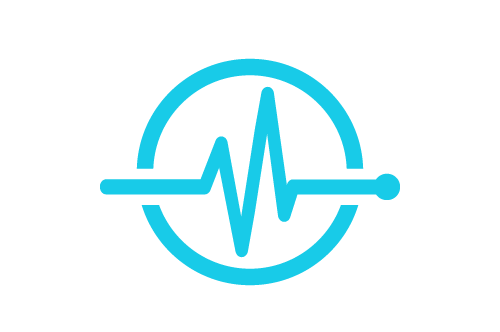What is neurological rehabilitation?
Neurological rehabilitation (rehab) is a doctor-supervised program designed for people with diseases, injury, or disorders of the nervous system. Neurological rehab can often improve function, reduce symptoms, and improve the well-being of the patient.
What conditions can benefit from neurological rehab?
Injuries, infections, degenerative diseases, structural defects, tumors, and disorders in the circulatory system can impair the nervous system. Some of the conditions that may benefit from neurological rehab may include:
- Vascular disorders, such as ischemic strokes (caused by blood clots), hemorrhagic strokes (caused by bleeding in the brain), subdural hematoma, and transient ischemic attacks (TIAs)
- Infections, such as meningitis, encephalitis, polio, and brain abscesses
- Trauma, such as brain and spinal cord injury
- Structural or neuromuscular disorders, such as Bell palsy, cervical spondylosis, carpal tunnel syndrome, brain or spinal cord tumors, peripheral neuropathy, muscular dystrophy, myasthenia gravis, and Guillain-Barré syndrome
- Functional disorders, such as headache, seizure disorder, dizziness, and neuralgia
- Degenerative disorders, such as Parkinson disease, multiple sclerosis, amyotrophic lateral sclerosis (ALS), Alzheimer disease, and Huntington chorea
The neurological rehab team
Neurological rehab programs can be done on an inpatient or outpatient basis. Many skilled professionals are part of the neurological rehab team, including:
- Neurologist
- Physiatrist
- Physical therapist
- Occupational therapist
- Speech/language therapist
The neurological rehab program
A neurological rehab program is designed to meet your individual needs, depending on your specific problem or disease. Active involvement of you and your family is vital to the success of the program.
The goal of neurological rehab is to help you return to the highest level of function and independence possible, while improving your overall quality of life — physically, emotionally, and socially.
To help reach these goals, neurological rehab programs may include:
- Help with activities of daily living (ADLs), such as eating, dressing, bathing, toileting, handwriting, cooking, and basic housekeeping
- Speech therapy to help with speaking, reading, writing, or swallowing
- Stress, anxiety, and depression management
- Bladder and bowel retraining
- Activities to improve mobility (movement), muscle control, gait (walking), and balance
- Exercise programs to improve movement, prevent or decrease weakness caused by lack of use, manage spasticity and pain, and maintain range of motion
- Social and behavioral skills retraining
- Nutritional counseling
- Involvement in community support groups
- Activities to improve cognitive impairments, such as problems with concentration, attention, memory, and poor judgment
- Help with obtaining assistive devices that promote independence
- Education and counseling
- Safety and independence measures and home care needs
- Pain management
- Stress management and emotional support
- Nutritional counseling
- Vocational counseling
